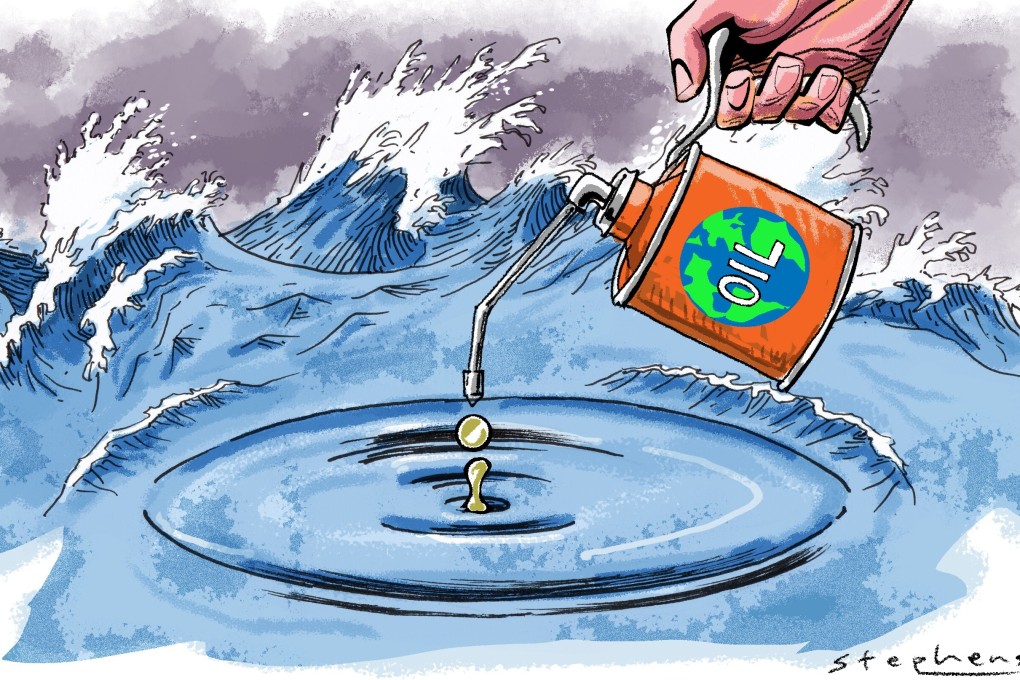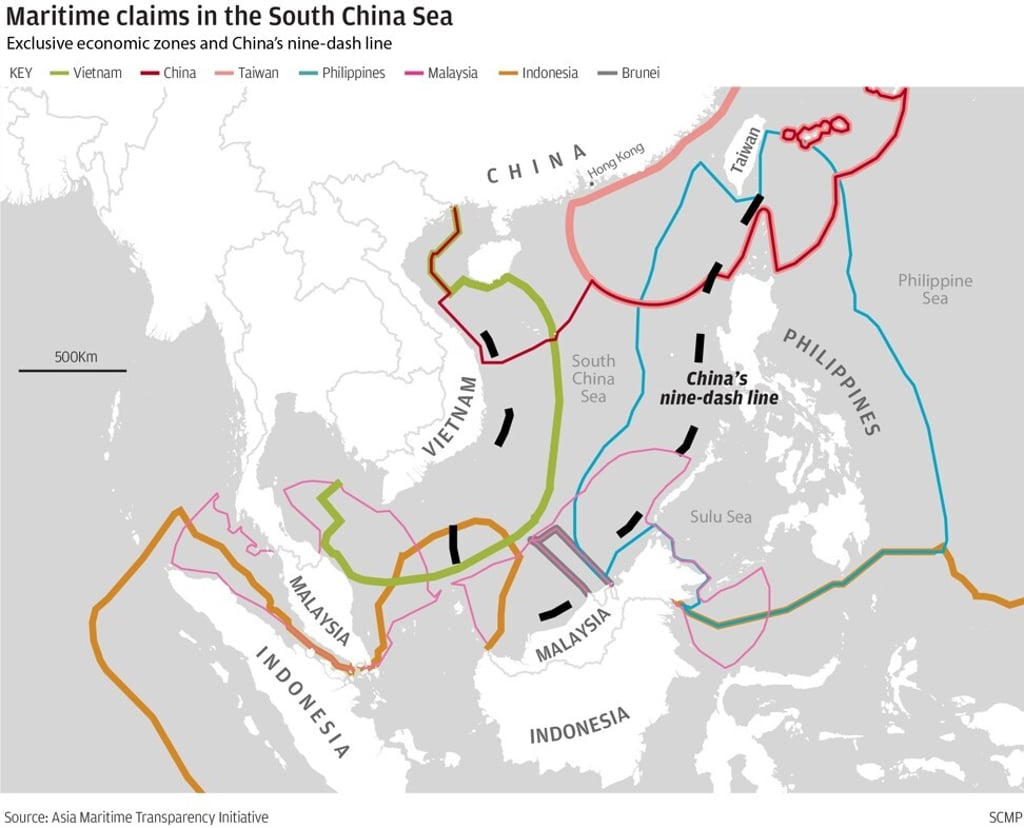Advertisement
Opinion | South China Sea: expect more instability in 2021 as the US encourages ‘lawfare’ and conflict
- Given US interference, Asean’s growing appetite for international arbitration and little hope of concluding a code of conduct, South China Sea waters can only become more choppy and conflict-prone
4-MIN READ4-MIN
10

Last year saw the situation in the South China Sea deteriorate as the United States, other extra-regional powers and some littoral states made waves despite the global impact of Covid-19.
Four features stand out in the current situation. First, the “militarisation” of the South China Sea has intensified, spearheaded by the US and joined by other extra-regional countries. Second, references to the 2016 Hague ruling against China in the South China Sea have been revived, and a new round of legal tussles is about to begin.
Third, consultations on a code of conduct in the South China Sea have stalled due to unforeseen events and external interference. And, fourth, US-Vietnam interactions in the region carry clear strategic intentions aimed at China.
Advertisement
The international political and economic landscape is changing. As the code of conduct consultations approach the final stages, there are leadership changes in the US and some South China Sea littoral states.
In the US, President Joe Biden is expected to maintain some continuity in South China Sea policy. Vietnam may well become more assertive in its South China Sea claims after the dust settles on its political leadership changes. And, as the Philippines enters presidential election season, relations with China will again be tested by South China Sea issues.
Advertisement

Advertisement
Select Voice
Select Speed
1.00x
